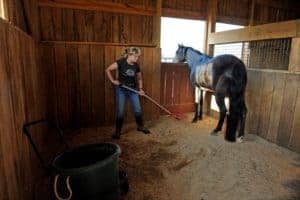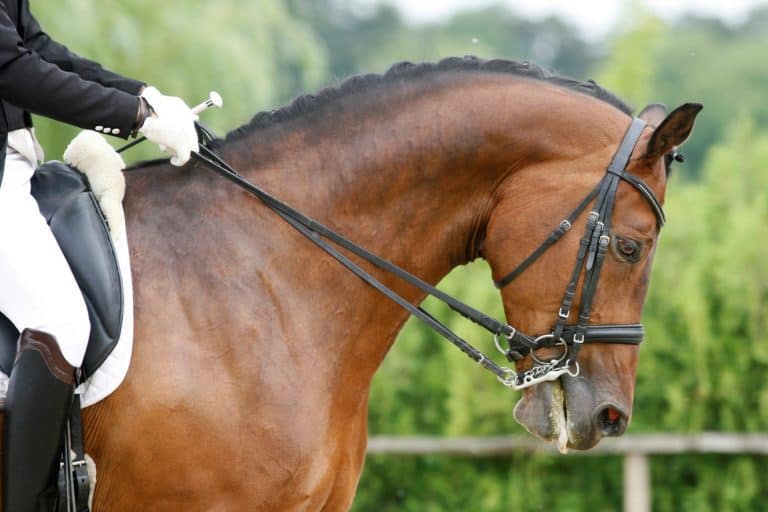Colic Surgery: Preventing Postoperative Diarrhea
A diarrhea treatment might also be useful for preventing diarrhea in horses recovering from colic surgery, said researchers in a new study.
"Diarrhea following colic surgery is common with certain conditions such as colonic volvulus (twisted gut) and sand impactions due to the added injury to the intestinal mucosa that occurs in these cases," said Diana M.












